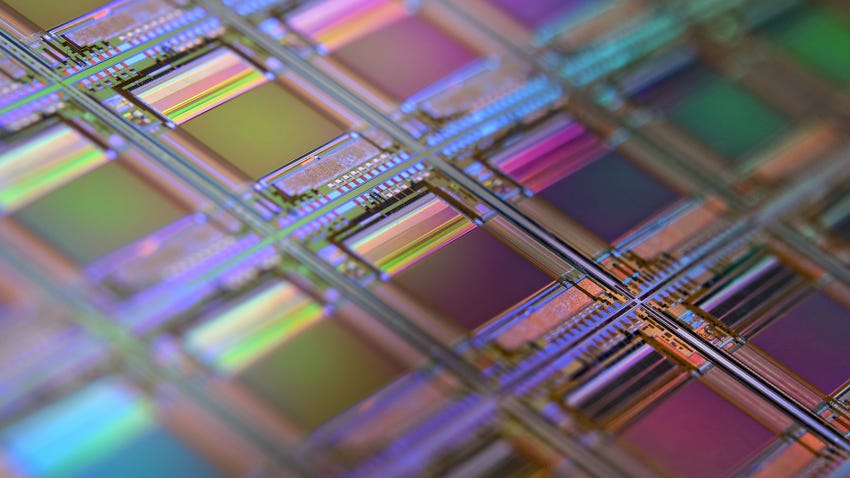Hey Freethinkers,
Given how ubiquitous semiconductors are in the modern world — powering everything from smartphones and cars to AI models and defense systems — you might be surprised that most of the world’s advanced chips come from just one source: the Taiwan Semiconductor Manufacturing Company (TSMC). This near-monopoly isn’t just about technology but also the future of the global order, as the US and China vie for control over one of the 21st century’s most critical technologies.
That’s why we’re proud to bring you our latest episode of The Freethink Interview, featuring Chris Miller, an economic historian, leading expert on the semiconductor industry, and the author of the bestseller Chip War: The Fight for the World's Most Critical Technology.
Also on deck this week: Future Explored investigates how AI is helping to design chips for AI , and Hard Reset gets an up-close glimpse at a new turboelectric jet engine that could one day let you fly from San Francisco to Tokyo in just three hours.
Onwards,
Stephen
THE FREETHINK INTERVIEW
The war over microchips is coming
with author and professor Chris Miller // @crmiller1 on X
It’s simpler to make a nuclear bomb than a modern semiconductor. Nine countries today have nukes, but all rely on a single country — and, in fact, a single company — for their most advanced microchips. Taiwan’s dominance of the supply of advanced chips is near the heart of a brewing conflict between China and the US, with profound effects on trade, technology, and geopolitics.
HARD RESET
San Francisco to Tokyo in 3 hours? This turboelectric jet engine could make it real
Jets have been around for most of a century, but many flights today are slower than they were in the 1980s. And while tickets are a bit cheaper, the basic service has hardly changed. All flights go the same speed. A new kind of jet engine could finally change all that, and bring back supersonic travel for the first time in a generation.
FUTURE EXPLORED
AI is now designing chips for AI
No, the machines aren’t self-sufficient yet, but breakthroughs in AI software are now unlocking breakthroughs in the hardware used to create them. Kirstin Houser has the story in the latest edition of Future Explored.
FREETHINK FEATURES
Why futurist Amy Webb sees a “technology supercycle” headed our way
Three technologies are currently peaking together, and the combination will drive much greater changes — and in many more sectors — than people realize. For futurist Amy Webb, the first sign of this “supercycle” was somewhat strange: “I saw that a lot of companies working on AI were also investing in biotechnology and synthetic biology.”
WORTH SHARING

The “magic third” rule: How just one voice can transform a group
Imagine a work meeting where everyone’s trying to come up with an idea to save the company. The floor is open. Everyone’s quiet. Suddenly, someone spouts off a crazy idea. No takers. But then someone else starts nodding. Then another. And another. At a certain point, the group starts to like the idea, deciding that it’s not bad crazy but so-crazy-it-just-might-work crazy. What explains sudden shifts in group dynamics like this? One answer is the “magic third” principle, which Jonny Thomson explores in this interview with Malcolm Gladwell, author of the 2024 book Revenge of the Tipping Point.
Stephen Johnson is the managing editor at Big Think and a writer at Freethink.










